
Rio Carnival
Know the types of Samba Parade
Did you know? There are few different types of Carnival Samba Parades in Rio de Janeiro.
Five different types of samba parades take place at the Sambodromo during carnival time and these usually follow the same pattern year after year, beginning with the Access Group's parades and ending with the Winner's parade.
The Access Group
The Access Group that parades on the first and second days of the Carnival, February 13th and 14th, 2026 is like the second division of schools. They’re competing to get into the Special Group. They are traditional and beautiful samba schools, but the schools are simpler and the parades are too. This group is made up of 15 samba schools and the winner of this group gains entry into the Special Group the following year. The performances begin at 09 pm.
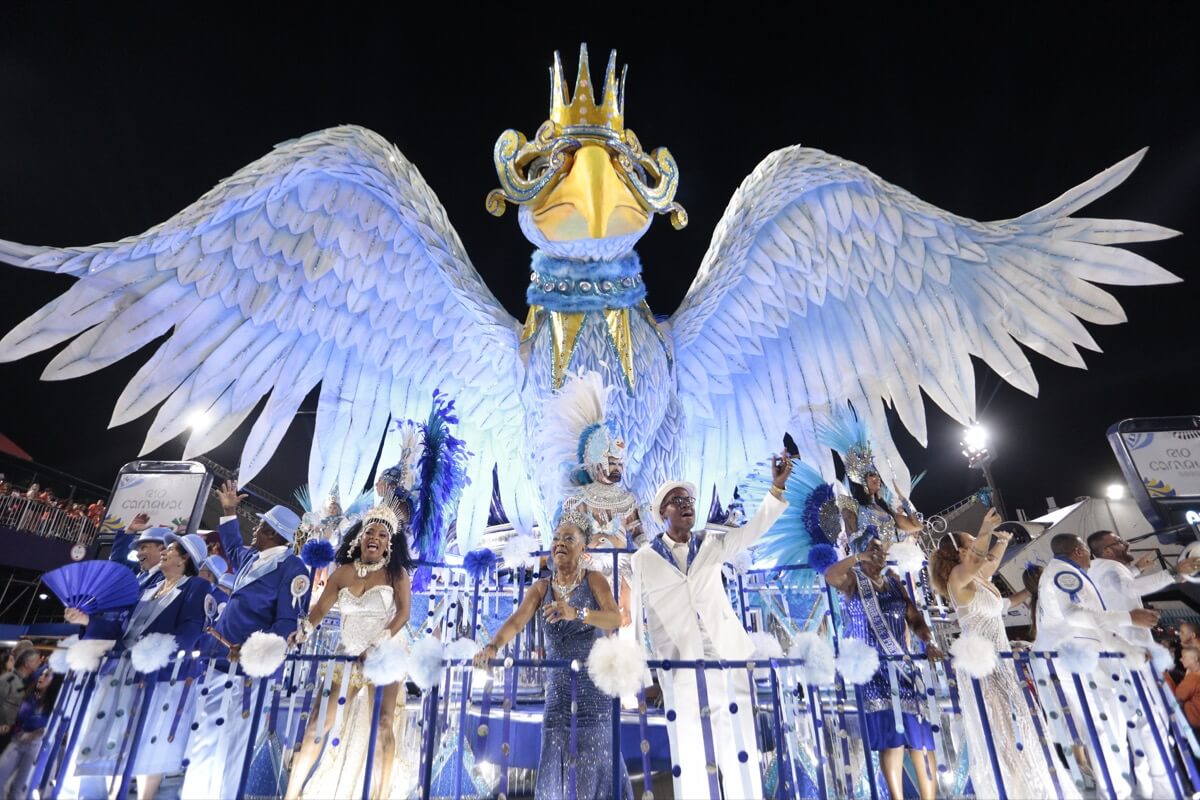
The schools that compete in this group usually do not have access to the financial resources and sponsors that many of the Special Group schools do, but most of them are as experienced and proficient.
The Special Group
The Special Group parade is the parade of the main samba schools of Rio. Their performances are the highlight of the samba parade at the Sambodrome and this magnificent spectacle is recognized as the main carnival event around the world.
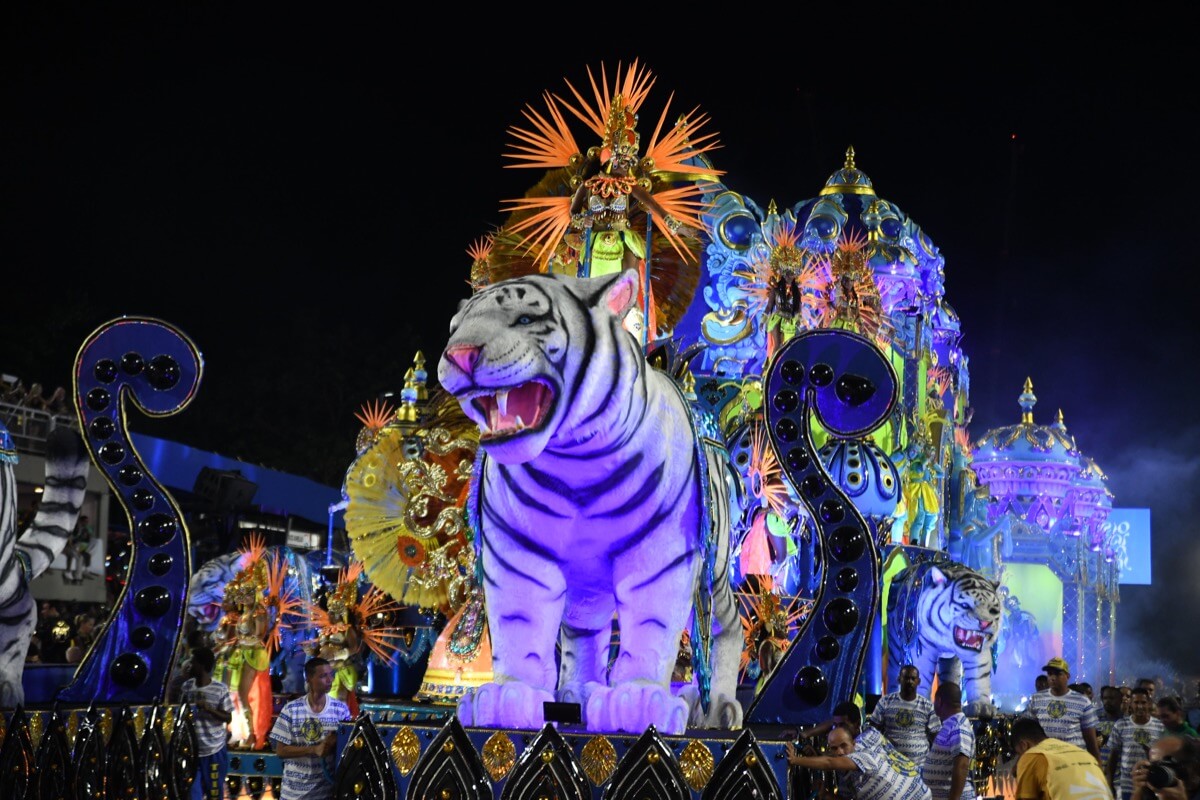
Out of the 12 schools in this group, four perform on carnival Sunday, four on carnival Monday and the other four on carnival Tuesday. In 2026 these dates fall on February 15th, 16th, and 17th respectively. These days the best and most famous samba schools perform with extravagant costumes and floats. The performances will begin at 10 pm.
The Children’s Parade
Most samba schools have a children’s section and they perform as well during carnival, in the same manner as the main groups. In 2026, the children’s parade will be on February 20th.
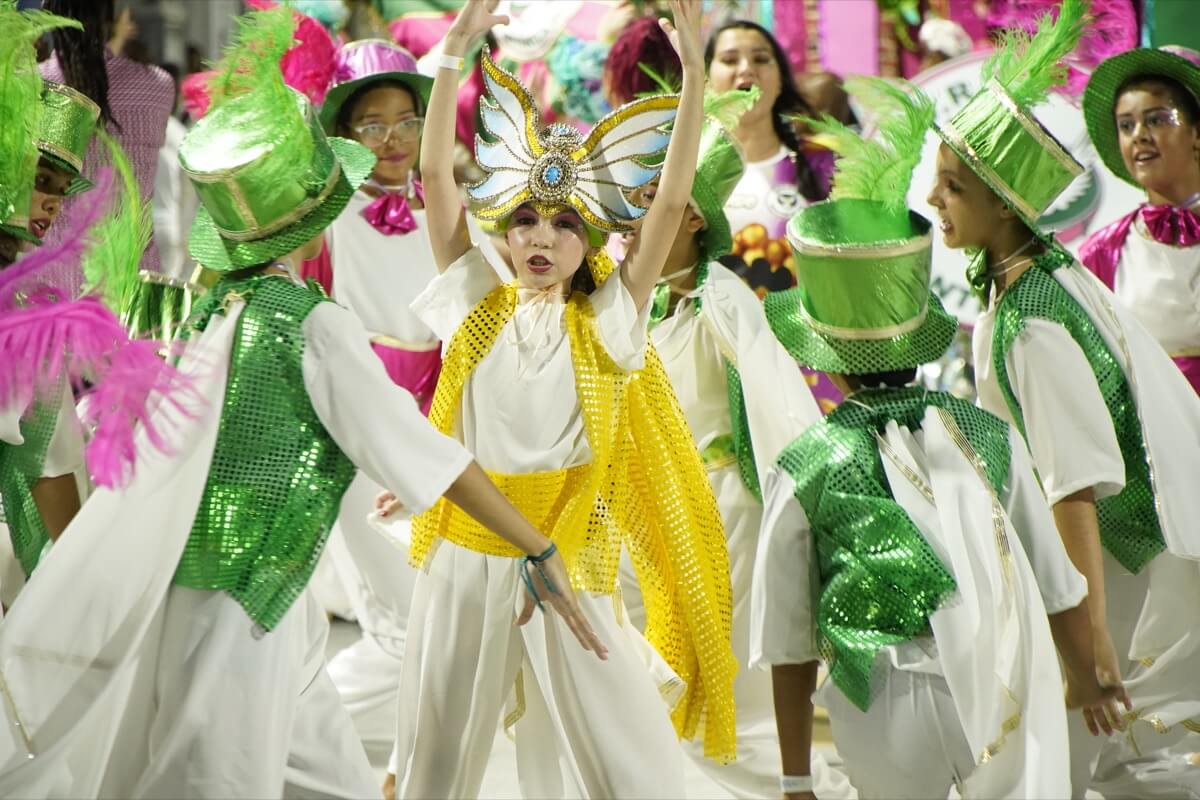
The Champion’s Parade
The Champion's parade, which happens on the following Saturday, February 21st, reunites the Champion school and five runner-ups, from the Special Group parades, celebrating victory and closing the Rio Carnival Samba Parades.
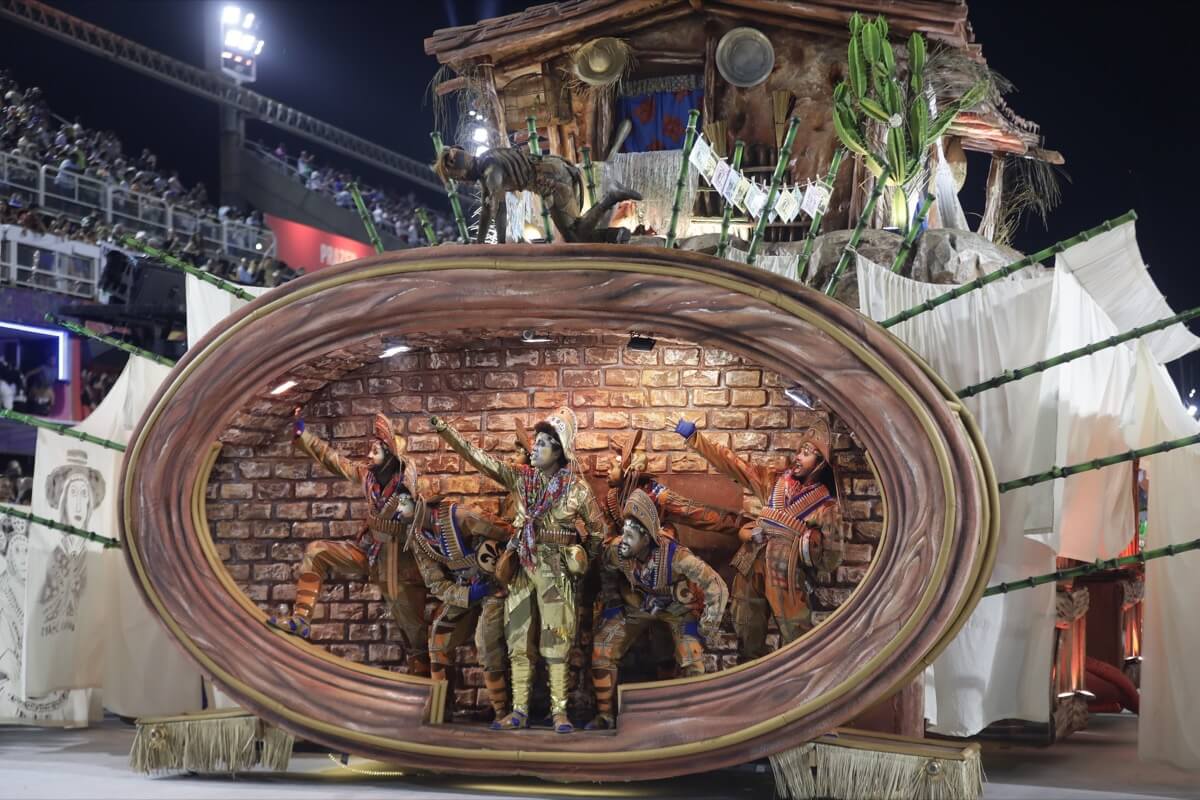
How the samba parade is judged
The participants in the Rio samba parade are judged on 10 categories which are Percussion Band, Samba Song, Harmony, Flow and Spirit, Floats and Props, Costumes, Vanguard Group, The Flag Bearer, Theme of the Year, and Overall Impression. The appointed judges are located at various points of the samba runway and allocate points on a scale of 5 to 10, with 10 being the highest. Each of the 10 categories has 4 judges, resulting in a total of 40 judges at the event.
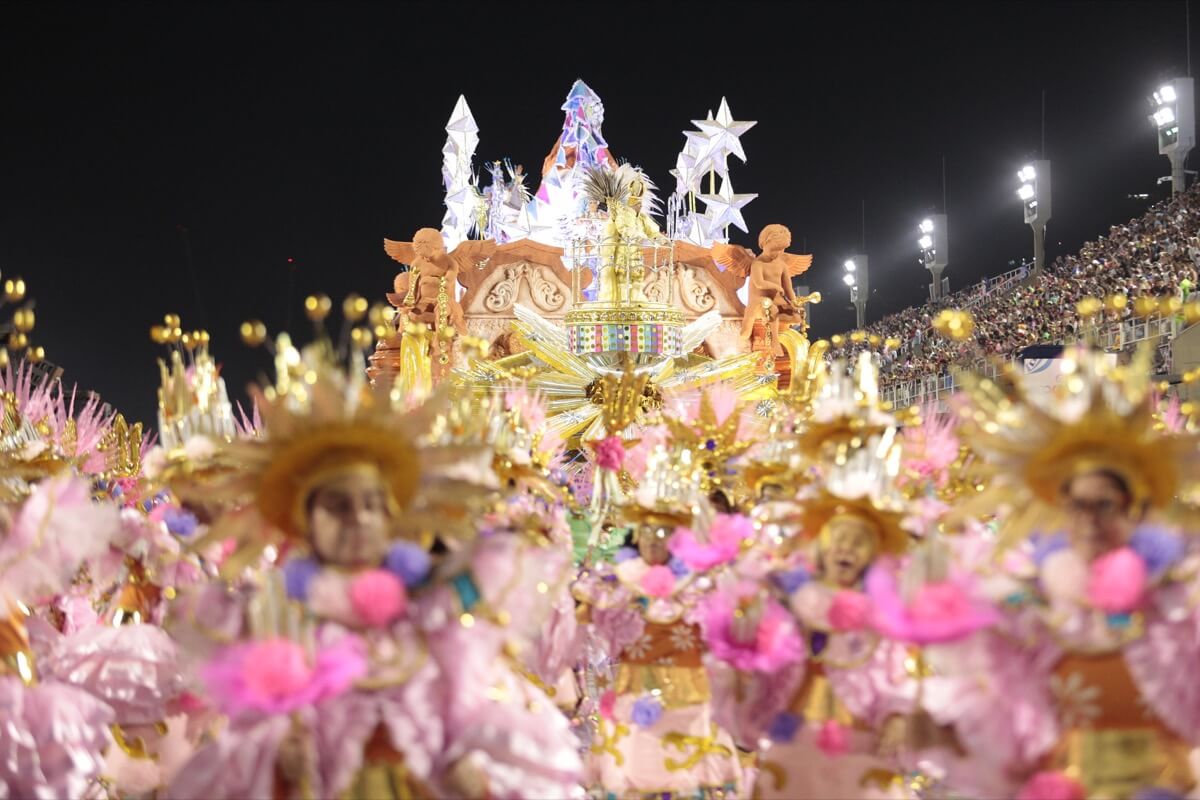
In the Percussion Band category, judges look for consistency amongst all performers and the ability to work in tune with each other. Being innovative within the limited scope allowed (wind and brass instruments are not allowed) is highly favored.
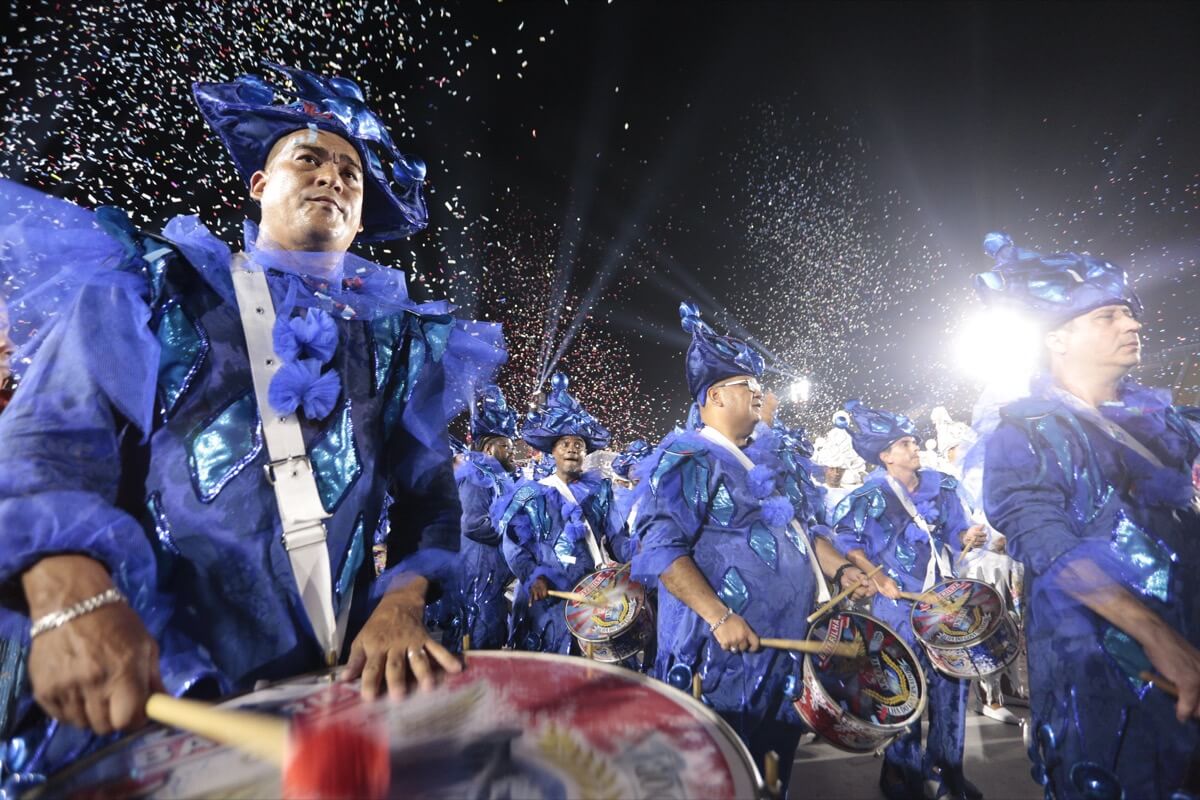
The school’s samba song is judged based on its lyrics, melody, and ability to bring out the essence of the theme for the year, while schools that are able to successfully synchronize all the elements of the performance will score in the Harmony category. Flow and Spirit judge the members on how smoothly they are able to maintain the pace of the performance and transition between sections, while at the same time adding character and vitality to the show. Costumes, Floats, and Props are judged on their visual appeal, creativity, and appropriateness with regard to the theme.
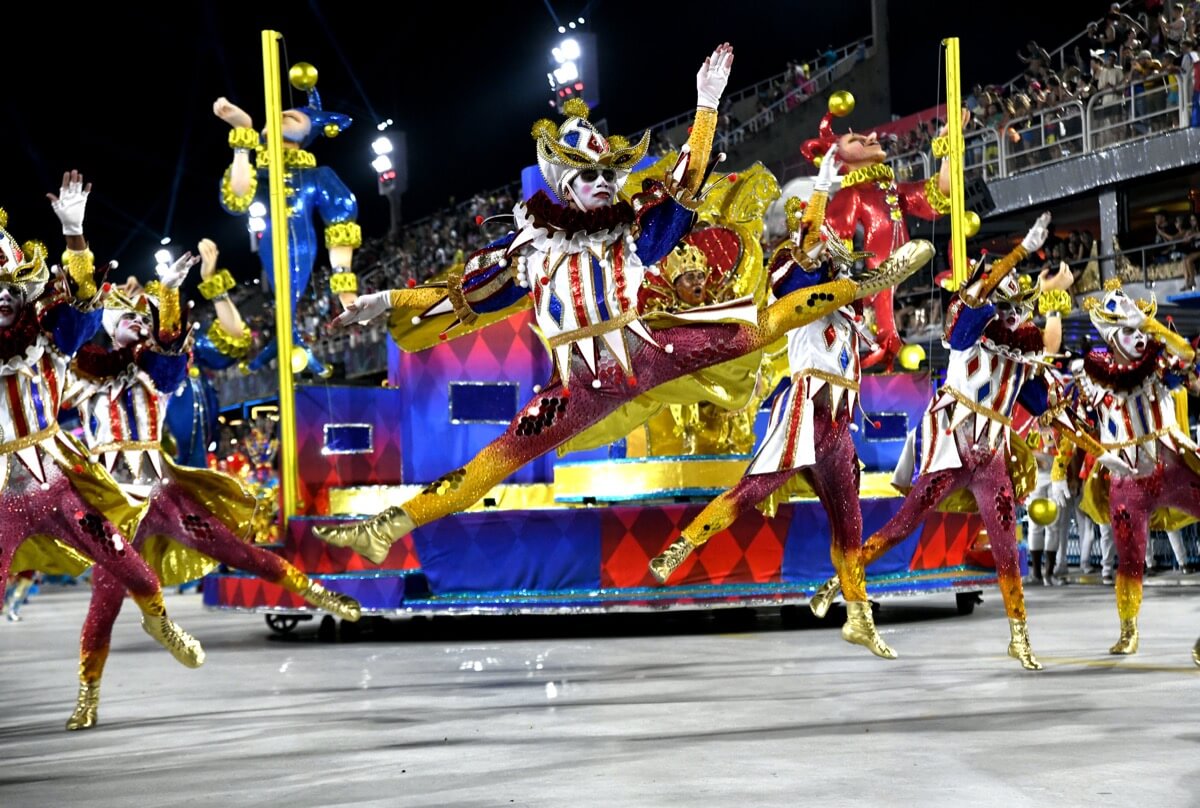
While the Vanguard Commission is judged on the choreography of its performance and how well it catches one’s attention in introducing the school, The Flag Bearer and her escort are judged on how well they coordinate as a couple, their proficiency in dancing, poise, flexibility, and range. The Theme of the Year category refers to how creative, understandable and relevant a school’s theme is and how well it has been incorporated into the program, while Overall Impression is a subjective category where schools are judged on the effectiveness of their performance as a whole.